Opinion: The right to know makes us equal to the powerful
| Published: 06-22-2024 7:00 AM |
Narain Batra taught, for more than three decades, courses on freedom of speech, media law, ethics, and diplomacy at various colleges. He is the author of “The First Freedoms and America’s Culture of Innovation.” He lives in the Upper Valley.
Just when we thought that the global tennis celebrity Roger Federer’s inspirational commencement address to the Dartmouth graduating class would bring a beautiful closure to the recent campus turmoil, a New Hampshire court judge, Steven Houran, had other thoughts.
A week after the grand commencement spectacle, Judge Houran ruled that the arrest records of Dartmouth College students Kevin Engel and Roan Wade, who were arrested and charged with criminal trespassing during a pro-Palestinian protest on the campus in October 2023, must be released per the Valley News’ request.
Citing several precedents, Judge Houran concluded that the people’s right-to-know is paramount, however, only after duly considering the other equally important issues including the ongoing investigation, students’ privacy rights, and fair trial.
The right-to-know is a fundamental principle that fortifies democratic societies. It refers to the public’s right to access information held by the government and public corporations, who tend to hide information lest their incompetencies and misuse of power be exposed. The right is vital for promoting transparency, accountability, and informed decision-making without which citizens would be otherwise left helpless and powerless.
A case in point is the Pentagon Papers Case (United States v. New York Times Co., 1971), the landmark case that involved the New York Times and Washington Post publishing classified documents known as the Pentagon Papers, which recounted the U.S. government’s decision-making process during the Vietnam War beginning with President John F. Kennedy.
The Supreme Court ruled in favor of the newspapers, upholding the First Amendment’s protection of freedom of the press and the public’s right-to-know about the rationale for the government’s actions. Although there is no causal relation, the Pentagon Papers might have reinforced the Nixon-Kissinger diplomatic initiative for achieving the “peace with honor” goal, keeping in mind that public support for the war had substantially diminished.
It is worth mentioning that while the First Amendment guarantees us the right to freedom of speech and the press as well as the right of assembly, petition, and peaceful protests, it nonetheless exists in dynamic tension with other fundamental rights, for example, the Sixth Amendment that guarantees fair trial to criminal defendants by an impartial jury of one’s peers. Judge Steven Houran did consider this fact while giving his ruling in the Dartmouth students’ case that people’s right-to-know is paramount.
Article continues after...
Yesterday's Most Read Articles
 After four decades collecting carts, Ricky Tewksbury will retire when Shaw’s closes mid-April
After four decades collecting carts, Ricky Tewksbury will retire when Shaw’s closes mid-April
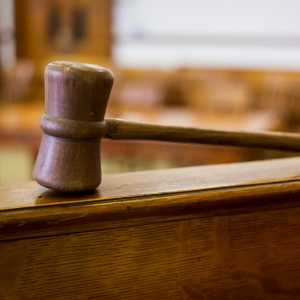 NH attorney general asks federal appeals court to reinstate ‘divisive concepts’ law struck down by lower court
NH attorney general asks federal appeals court to reinstate ‘divisive concepts’ law struck down by lower court
 ‘When we talk about promises’ – Keach park light plans grow dim
‘When we talk about promises’ – Keach park light plans grow dim
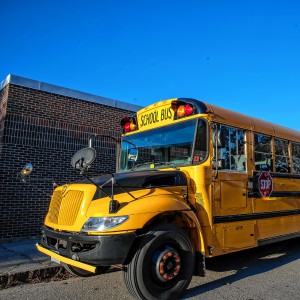 Updated Concord middle school design to cost another $3 million
Updated Concord middle school design to cost another $3 million
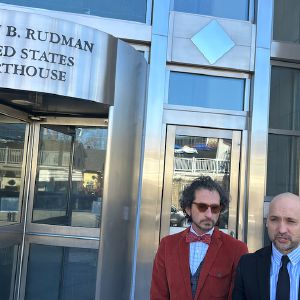 Federal judge temporarily reinstates legal status for Dartmouth PhD student from China
Federal judge temporarily reinstates legal status for Dartmouth PhD student from China
 Two injured in accident in Loudon
Two injured in accident in Loudon
Ironically, while the First Amendment guarantees freedom of speech, it does not give us the right to seek information. The 7,000-word classified document, the Pentagon Papers, was copied by a CIA insider Daniel Ellsberg, and his accomplice Anthony Russo, who believed that the war was “senseless and immoral,” and in the public interest passed on the document to the Post and the Times.
Bob Woodward and Carl Bernstein’s reporting in the Washington Post about the Watergate scandal that eventually led to the resignation of President Richard Nixon was based on a clandestine source, Deep Throat, a pseudonym for Mark Felt, an FBI associate director.
Hurdles to gathering information by individuals and news organizations persist despite the Freedom of Information Act (1966), which sometimes leads journalists to use innovative ways to uncover information in the public interest, as Woodward and Bernstein, and many other investigative journalists have done. The Valley News, the Concord Monitor, and many other newspapers follow this noble tradition.
The right-to-know, based on the Freedom of Information Act, is enshrined in freedom of information laws or access to information legislation in every state in the U.S. These laws establish procedures and guidelines for citizens to request and obtain government records, documents, and data, subject to certain exemptions and limitations.
The rationale behind the right-to-know is rooted in the idea that information and knowledge are powerful tools that enable citizens to participate meaningfully in the democratic process. When people can access accurate and reliable information about government policies, decisions, and actions, they can make informed choices, hold their elected representatives accountable, and contribute to public discourse on important issues.
The-right-to-know creates between the rulers and the public a relationship of equality. Equality is a necessary but elusive goal in a society, a fascinating topic that Dartmouth historian Darrin McMahon discusses in his most recent book.
The right-to-know power of equality checks government power and helps prevent corruption, abuse of authority, and mismanagement of public resources. By allowing public scrutiny of government activities, it promotes good governance, ethical behavior, and responsible decision-making by public officials.
Of course, the right-to-know is not absolute, no fundamental right is absolute, and governments have legitimate reasons to withhold certain types of information. These exemptions typically include national security concerns, personal privacy, law enforcement investigations, and trade secrets, among others. The challenge lies in striking a balance between the public’s right-to-know and the need to protect sensitive or confidential data.
Transparency and openness have limitations, nonetheless, the right-to-know remains a keystone of democratic societies, and its preservation and effective implementation are crucial for maintaining public trust, fostering civic engagement, and ensuring that governments, powerful global corporations, and mighty academic institutions like Dartmouth College and Harvard operate in the best interests of the people.
Keeping in mind the democratic and constructive value of the right-to-know, it would be instructive to see how the town of Hanover and its police department justify their actions, the use of force, and arrests, regarding students’ protests. Equally important is the fact whether the Dartmouth leadership had used all the available means of persuasion before they called the police on the campus.
Ironically, the Dartmouth Arts and Science faculty, who passed the feel-good guilt-free censure resolution against the college president, sounded more like the chorus of an ancient Greek tragedy rather than the anguished cry of stakeholders in shared governance.

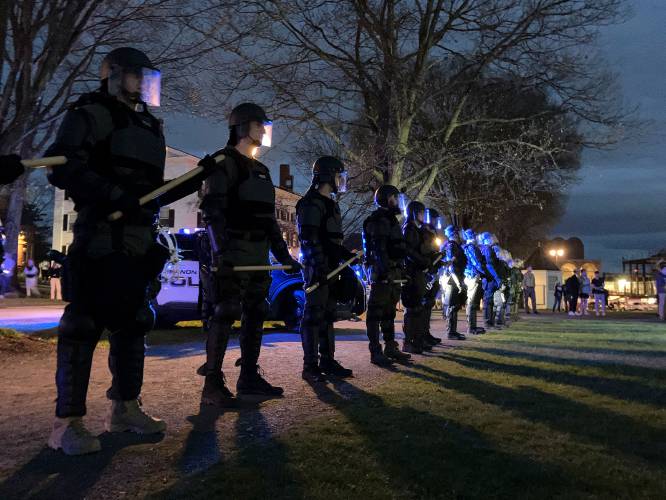
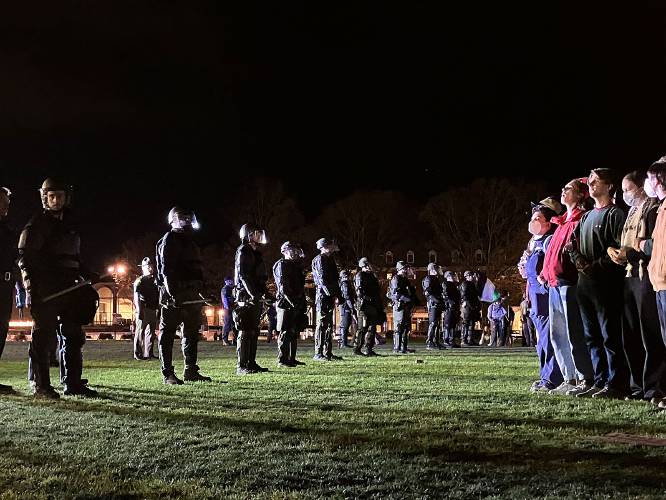






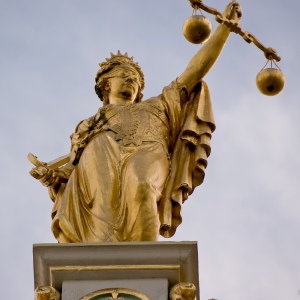 Opinion: An attack on the legal profession is an attack on us all
Opinion: An attack on the legal profession is an attack on us all Opinion: HealthTrust's decision to drop anti-obesity medications is a step back in the fight against a chronic disease
Opinion: HealthTrust's decision to drop anti-obesity medications is a step back in the fight against a chronic disease Opinion: Courage and care count
Opinion: Courage and care count
